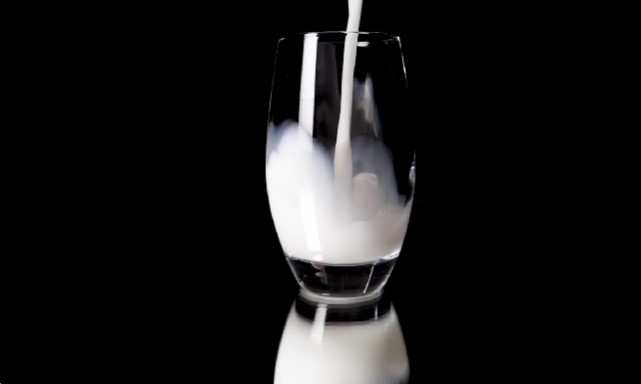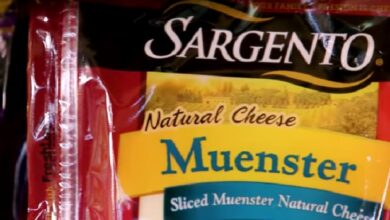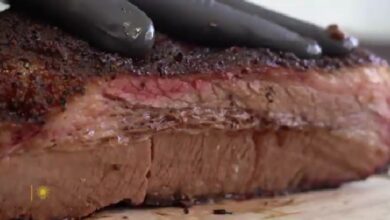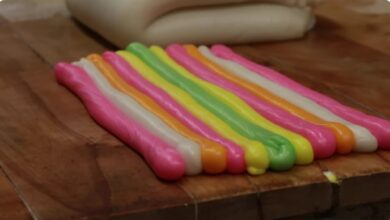Is Milk Halal
Milk, a fundamental dietary staple across the world, holds significant importance in Islamic dietary laws. Determining whether milk is halal involves understanding its source, processing, and the presence of any additives. This article delves into these aspects to clarify whether milk is permissible for consumption by Muslims.
Introduction
Milk, in its natural form, is generally considered halal. Derived from lactating animals such as cows, goats, and sheep, milk is a vital source of nutrition. The Islamic dietary laws, which govern what is permissible (halal) and what is forbidden (haram), are clear about the consumption of natural and pure products. However, the halal status of milk can be influenced by several factors, including the source of the milk, the additives used, and the treatment of the animals. Understanding these factors is crucial for Muslims who seek to adhere to their dietary guidelines while enjoying the benefits of milk.

Halal Criteria for Milk
Source of Milk
Milk is considered halal if it comes from animals that are halal themselves. This includes:
- Cows
- Goats
- Sheep
- Camels
- Buffalo
These animals are explicitly mentioned in Islamic dietary laws as permissible for consumption, making their milk inherently halal.
Ethical Treatment of Animals
Islamic principles emphasize the ethical treatment of animals. The animals providing the milk must be treated humanely, which includes ethical milking practices and ensuring the animals are not subjected to any form of mistreatment.
Absence of Haram Additives
Milk must be free from any haram additives to maintain its halal status. This includes:
- Alcohol-based flavors
- Animal enzymes derived from non-halal sources
- Pig-derived additives
It is essential to check labels for these ingredients, especially in flavored or fortified milk products.
Halal Certification
To ensure milk and milk products are halal, consumers should look for halal certification. This certification guarantees that the product adheres to Islamic dietary laws from sourcing to processing.
Common Concerns and Considerations
Additives and Flavorings
Many milk products, such as flavored milk or milk fortified with vitamins and minerals, can contain additives. These additives must also be halal. For instance, chocolate flavoring in milk must be halal-certified to be permissible for consumption. Similarly, vitamins added to milk should not be derived from non-halal sources.
Dairy Products
Other dairy products like cheese, yogurt, and butter must also adhere to halal standards. These products should be made from halal milk and contain halal enzymes and additives. It is advisable to check the certification and labels to ensure compliance with halal guidelines.
Milk from Non-Muslim Countries
Milk from non-Muslim countries can be consumed by Muslims if it meets halal criteria. This includes ensuring the milk is free from haram contaminants and the animals are treated ethically. Many commercially produced milks in the United States and Canada are considered halal, but verification is always recommended.
Frequently Asked Questions
Is it permissible to consume milk from non-Muslim countries?
Yes, as long as the milk does not contain any non-halal additives or contaminants, it is permissible for Muslims to consume milk from non-Muslim countries. The primary concern is ensuring that the milk remains pure and free from any prohibited substances.
Can flavored milk be halal?
Flavored milk can be halal if the flavorings and additives used are halal-certified. It’s important to check the ingredients and certification to ensure compliance with halal standards.
Are there any specific halal-certified milk brands?
Yes, several brands offer halal-certified milk, such as Almarai, Al Safi, and Nestlé. These brands follow strict halal guidelines to ensure their products meet Islamic dietary laws.
Is it necessary for milk to have a halal certification?
While raw milk is inherently halal, processed milk products should ideally have halal certification to ensure no non-halal substances were used during processing or packaging.
Can Muslims consume milk produced by non-Muslims?
Muslims can consume milk produced by non-Muslims as long as the milk is pure and free from any haram substances. The focus is on the purity and ingredients rather than the producer.
Is organic milk always halal?
Organic milk is not automatically halal. It must still meet halal criteria, ensuring no cross-contamination with non-halal substances and no non-halal additives.
What should be avoided in milk to ensure it is halal?
To ensure milk is halal, avoid any products that contain haram additives such as gelatin, alcohol-based flavorings, or enzymes derived from non-halal sources.
Is lactose-free milk halal?
Lactose-free milk can be halal if the enzymes used to break down lactose are from halal sources. Checking for halal certification or verifying the source of enzymes is important.
Can powdered milk be halal?
Yes, powdered milk can be halal if it is free from haram substances and produced in a halal-certified facility. It’s essential to check the packaging for halal certification.
Is milk in desserts always halal?
Milk in desserts is not always halal. It depends on the other ingredients and the processing methods used. Checking for halal certification or verifying each ingredient is crucial.
Can Muslims drink raw milk?
Muslims can drink raw milk as it is naturally halal. However, it’s important to ensure the milk is hygienically processed and free from contamination.
Is milk from animals other than cows halal?
Milk from other halal animals, such as goats and sheep, is permissible. However, milk from non-halal animals, such as pigs, is haram.
Can milk be contaminated during processing?
Yes, milk can be contaminated during processing if it comes into contact with non-halal substances. Halal-certified processing facilities have strict measures to prevent such contamination.
Are there halal alternatives for non-halal milk ingredients?
Yes, there are halal alternatives for non-halal milk ingredients, such as plant-based thickeners, halal-certified gelatin, and synthetic enzymes.
Is milk used in cosmetics halal?
Milk used in cosmetics can be halal if it is from a halal source and the production process does not involve any haram substances. Checking for halal certification is advisable.
Conclusion
Milk is a crucial component of the diet for many Muslims around the world. Its halal status is primarily dependent on its source, the treatment of the animals, and the absence of haram additives. By ensuring that milk and its products adhere to these guidelines, Muslims can confidently include milk in their diet without compromising their religious convictions. For the best assurance, opting for halal-certified products is recommended.
Read also:





